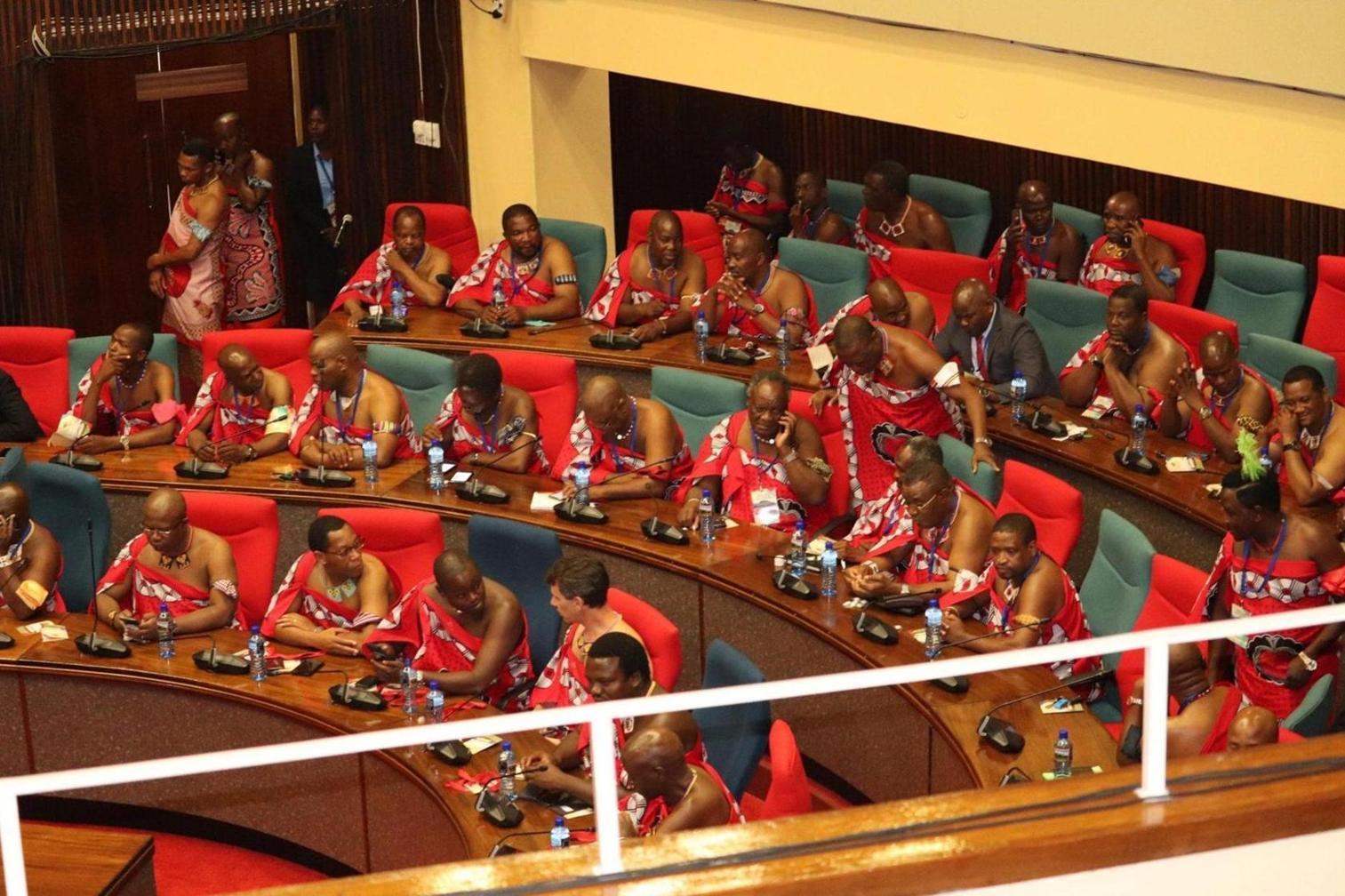Africa-Press – Eswatini. Government loses approximately 240 hours of productive time annually to civil servants who arrive late and knock off early from work.
This habit that has become a norm in service delivery points is expected to be a litmus test for Prime Minister Russell Mmiso Dlamini’s envisaged culture of excellence. A culture of excellence is not something that happens by chance. It is the result of deliberate actions, consistent behaviours, and shared values that drive high performance and continuous improvement in an organisation. It has been noted that some civil servants arrive at work later than the stipulated time in their workstations, enjoy extended tea and lunch breaks, before calling it a day 30 minutes before the official knock-off time. On average they must work 1920 hours per year based on 8hrs per day.
This publication conducted random, but strategic visits in some government offices, where service delivery is crucial and discovered the anomaly going on unabated. In some government departments, service had improved, while in others the lax attitude still prevailed. Ministries and departments visited are those of Home Affairs, Department of Social Welfare, Treasury, Commerce, Industry and Trade, Mbabane Revenue Office Central Motor Registry and the Central Statistics office. They were monitored every morning from 8am as well as from 4:30pm until 5:20pm from Monday to Friday. It was rare to find government officials rendering services to the public as early as 8:10am, as most started later than this time. In most instances, the workers started attending to the public at around 8:45am.
On some days, members of the public waited up to 9am, with no one attending to them. From Monday to Friday, the Treasury Department and Mbabane Revenue Office – Central Motor Registry started its operation at 8:30am. By that time, emaSwati had already formed a queue outside the offices, with some having arrived from as early as 7am. A sign was found pinned next to the door informing the public that operations would start 8:30am to 1pm. The service would then resume at 2pm and close at 3pm. However, some of the officers are found inside the building even after 3pm when they stop attending to walk-in clients, but were doing paperwork.
Queue
During a visit to the Ministry of Home Affairs, by 8:45am a long queue had already formed within the ministry, with members of the public complaining about not being attended to. During the course of the week, it was observed that some of the officers would walk in at 8:30am and start attending to the public at 8:50am. Those who came in at 8am would often first chit chat with their friends prior to serving the public. At 4:30pm, the officials stopped attending to the public. Some of the aggrieved citizens told this publication that the officials told them to return the following day, since they had closed for the day. The members of the public were in some instances told that there was no network, hence they could not do anything.
“At times, the officers simply inform us that they are tired and we should come back tomorrow. They normally do this just after 4pm,” one person said.
At the Department of Social Welfare under the Deputy Prime Minister’s Office, officers were found attending to members of the public at exactly 8:30am. Most had arrived at 8am and were supposedly preparing themselves for the day. A visit at 4:30pm, the reception area was empty, save for public notices.
It is laid down procedure that government officials are supposed to start work at exactly 8am and knock off at 5pm, depending on the shifts they are working.
Some officials were seen walking in after 8:30am, while others left the offices on or before 4:30pm.
Reporter
According to calculations done by this reporter, an hour was lost a day, if the morning 30 minutes and that of knock-off time are added together. This implies that government loses five hours a week from civil servants coming late and leaving early.
Eventually, 240 hours of productive time is lost every year. Meanwhile, the PM said inculcating the culture of excellence in all government levels was important.
Worth mentioning is that submissions around the culture of excellence were also presented by the public during Sibaya. Members of the public complained about sluggish government officials whom they felt were not committed to their work.
In a live interview with Eswatini Television Senior Editor John Molelekeng, the PM was asked whether the culture of excellence would be implemented by the new government.
The question follows an incident involving a Cabinet minister, who is said to have approached the PM and apologised for coming late in one of their meetings. The minister later gave reasons for not making it on time. Responding to questions, Dlamini said the culture of excellence should not be made trivial, because it was important at national level. The PM said everyone, whether a Cabinet minister, senior official or blue collar worker, was duty-bound to always keep time.
Compromise
“We must not compromise the culture of excellence in whatever we do, but promote it,” he said.
Dlamini further said the lack of a culture of excellence was evident whenever a liSwati or an African employee was tasked to execute a particular job. He said this group took short cuts.
“The work done through short cuts is always poorly done. The unfortunate part is that they demand the full payment at the end of the day, despite having done a shoddy job. These people forget that the Bible says do everything perfectly, as if you are doing it to the Lord,” he said.
The PM said the laisez-faire shown by some emaSwati, while executing their duties, had led to some institutions hiring foreign nationals to do the job excellently. He then encouraged everyone to practice the culture of excellence in everything they did.
He said for this to happen, it was imperative to inculcate the culture of excellence in schools to guarantee national development.
“The culture of excellence started a long way back in the book of Genesis, when God was busy with creation. In everything He created, He said it was good. Also, we as human beings need to be happy for everything we do with our hands, just like our Creator,” he said.
For More News And Analysis About Eswatini Follow Africa-Press







